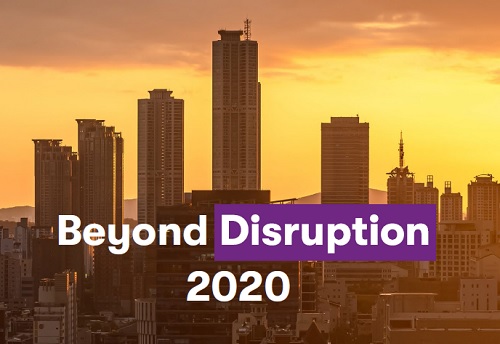2020 has delivered an unforeseen level of disruption across virtually all industries. In this time of uncertainty, disruption as a future possibility has been replaced by innovation and action.
From natural disasters to the present health and economic challenges that we are all facing around the world, 2020 has delivered an unprecedented level of disruption across business and daily life that no one was prepared for or could predict.
Many organisations have been compelled to adapt existing technology, rethink investments and fast-track transformation plans to ensure business continuity. In light of this rapid shift, DXC and emerging technology analyst firm Telsyte, conducted more than 600 interviews over an eight-week period to form a four-pulse business study, Beyond Disruption 2020. The study tapped into the learnings and insights of business and technology leaders to give you an up-to-date snapshot, uncovering how Australian and New Zealand organisations are adapting, innovating, investing and transforming in this challenging climate to survive, and prepare for growth.
The following report expands on the findings of our Beyond Disruption business study and provides practical and e_ective recommendations to help your organisation weather the storm of 2020 and emerge from disruption with clear skies ahead.
Seelan Nayagam
Managing Director
Asia Pacific
DXC Technology
Australian and New Zealand organisations have been driven to adapt and innovate.
One thing has become abundantly clear, technology is now seen by the vast majority of Australian and New Zealand organisations as the answer – or at least, a large part of the answer – to overcoming disruption. Findings revealed that 82% see technology as a key enabler in managing disruption, rising to 92% for organisations with more than 1,000 employees.
This conclusively underlines the importance businesses are placing on technology moving forward.
Unsurprisingly, many respondents (82%) are rethinking their business strategies to provide a more current technology roadmap, with 98% having already invested in some form of technology to manage disruption.
Download full report to find more.

